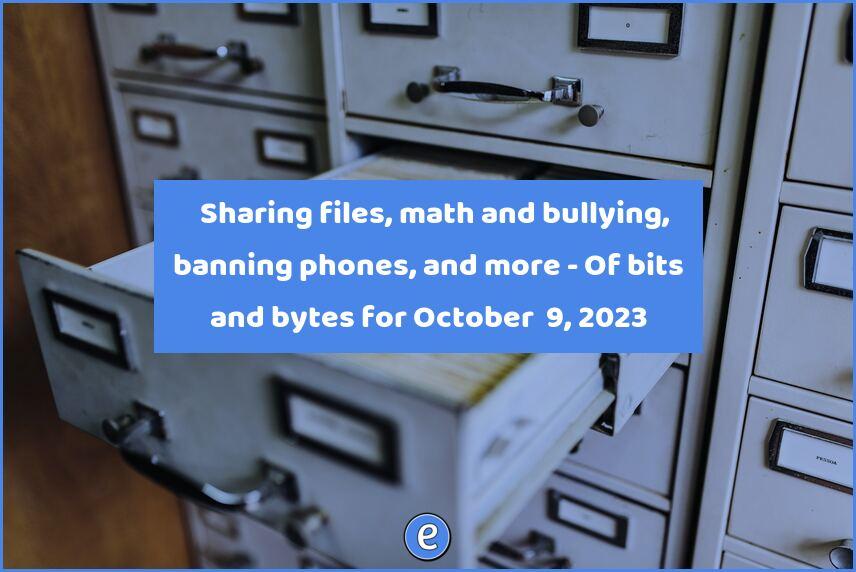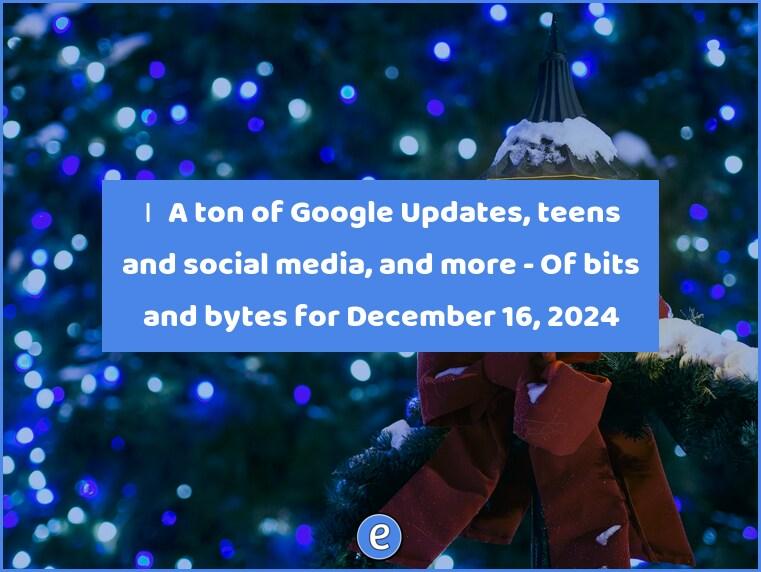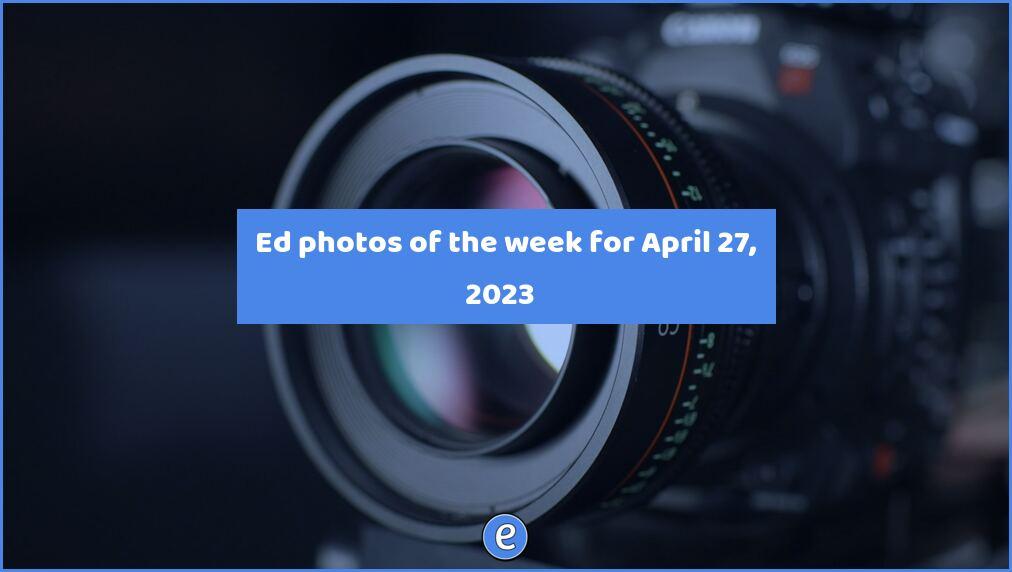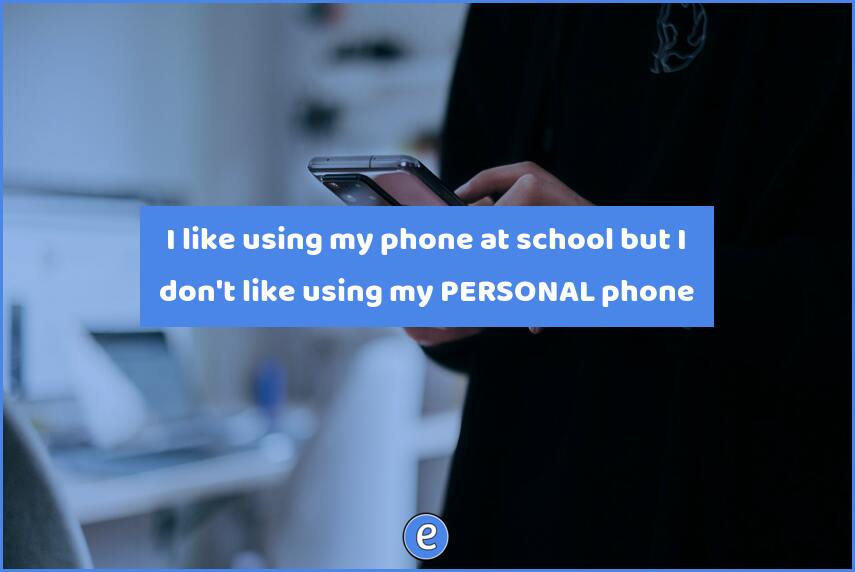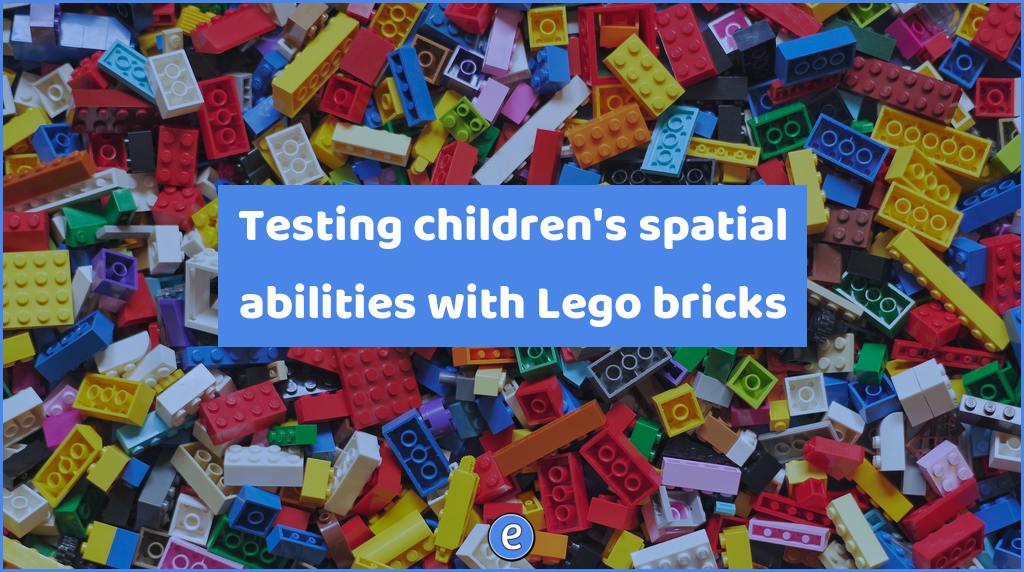📑 Sharing files, math and bullying, banning phones, and more – Of bits and bytes for October 9, 2023
Internet Travels
Of bits and bytes is my weekly round up of interesting links and ideas I discovered on the internet. It is published on Mondays for the previous week
Learn21 is a proud sponsor of Eduk8me and the Of Bits and Bytes newsletter. Read more about their mission at Learn21.
Apps
Want to share files of any size? Take a look at ToffeeShare. The site allows you to share any file to others with just a browser. It works by setting up a connection between the two devices to securely transfer the file.
From the “features no one asked for” department, Google is adding the ability to react to emails in Gmail with emojis. The feature is coming to the Android app first, but before you get too excited you’ll probably want to know that it won’t be coming to Google Workspace accounts like your school account. The reactions are added as additional emails which Gmail will know what to do with but if you use a different email program you’ll see the reactions as additional emails.
Pedagogy
Everything is math. And physics. But Dartmouth researchers looked at how math and game theory give people on the “weaker side of a power dynamic” the upper hand. The research shows that being totally uncooperative in scenarios such as being bullied costs the bully more than the person being bullied.
My topic of a 2009 presentation was using cellphones in the classroom. Wants fun was I had a whole ten minute section on showing people why I’d rather text than call someone. However, times have changed, and not for the better. The research is showing that cellphones in the classroom hurt more than help h/t – Larry Ferlazzo. This is not the outcome I envisioned, but until we come up with ways to help others regulate their cellphone use, removing them may be the best solution.
Time is relentless, constantly moving forward stopping for no one. How you think in relation to time affects a lot of outcomes.
Technology
I feel sorry for the young person who is receiving 5,000 notifications per day. This research shows how teenagers are driven to distraction through their smartphones. Should schools have lessons on cellphone use? And if so, where and when?
Gen Z grew up with technology, so they don’t need any training, right? Wrong. Gen Z is getting out in the workplace and realizing that their limited tech skills are not helping them succeed in the workplace.
Google has announced the Chromebook Plus branding. It is a set of specs to differentiate Plus Chromebooks from lower end Chromebooks. Plus Chromebooks are guaranteed to have certain specs to offer higher performance and features to its users. All at a minimum cost of around $400.
Canva released a bunch of new AI powered tools. The ones I’m most excited about are the smart resize and automatic translations. There is also a new page on Canva’s site about teaching with Canva.
Tips
The privacy implications of sharing photos
Photos taken on your phone can be a huge security risk when shared if you don’t take the opportunity to remove the location metadata from the picture. By default, when you take a picture with your phone, the current location is saved with the picture. If you text that picture or email it to someone, your exact location hitches along for the ride. This isn’t a big deal for a lot of pics, especially on vacation, but it does become an issue for any pictures you may have taken at your home or at another person’s house.
Social media sites strip the location information before publicly sharing the picture, so some of the risk is mitigated. However, this is after the social media site stores the location of every picture you share, so your risk is relative. Luckily, you can remove this information before sharing.
Luckily, there is a pretty easy way to remove this information before sharing. I start by making a copy of the photo because I do like the location information to stay with the original so I can group my photos by location. On Android, select the photo and click the three dot menu. Scroll down and tap the three dot menu beside location and then tap remove. For the iPhone, select the photo and click the info button at the bottom of the screen. Scroll down to the location and tap the Adjust link. From there, remove the location.
The location metadata is very risky for our students if they are sharing photos from their house to others. Any online security and privacy course should cover this fact and how to remove that information.
If you’re curious about all of the information stored in a photos metadata, here is an online photo metadata viewer you can use to check it out..
Pop Culture
Quite a few authors are totally against the usage of their work to train AIs, bu on e does not. In fact, he says, bring it on. Every author builds on those who wrote before them, and AI is no different.
Pot Pourri
Have you ever dug deep into the choices for colors in the Crayola 24 pack? Well this guy did. A fascinating look at colors and color theory. (Warning, it’s a TikTok video. Sorry about that).
Amazon has a website dedicated to showing what careers will be available in the future. These are highly Amazon specific, but that doesn’t mean the same jobs won’t exist at other companies.
Extra Credit
Here are extra links that I found interesting that may or may not be education related or interesting to you and I didn’t want to lose them.
- The Seven Meetings You Hate – Rands in Repose
- The Case for Mediocrity | Time
- How to make Super Mario Game from cardboard. No electronic components required! Anyone can make! – YouTube
- People with autistic traits tend to have higher intolerance of uncertainty, leading to dichotomous thinking
- Chatbots Have a Math Problem and a People Problem
- PROOF POINTS: Lowering test anxiety in the classroom
- Subscribing to the blogs of people I follow on Mastodon
- Opinion | Why our kids are not good readers – The Washington Post
By design, the vast majority of Of Bits and Bytes readers never pay anything for the links, commentary, and tips it provides. But you made it all the way to the end of this week’s edition — maybe not for the first time. Want to support more journalism like what you read today? If so, click here.

